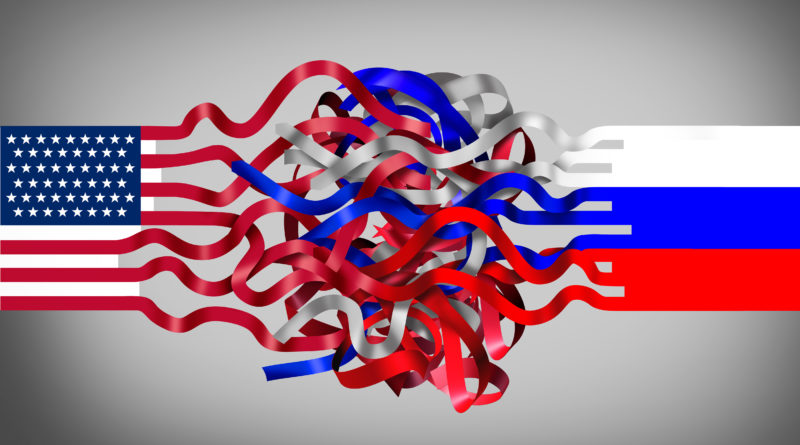How Will Russia Shape the 2020 Election?
26,327 total views, 1 views today
Last week, news emerged that Russia may be trying to sway U.S. voters toward one candidate from each party in the 2020 presidential election. Just as in 2016, Moscow may be trying to drive undecided voters toward now-incumbent Republican candidate Donald Trump. Likewise, the Democratic candidate whom Russia may be working to aid is not a stranger to alleged Russian interference. Below, find a brief explanation of how Russia might shape the 2020 election.
Donald Trump
Almost immediately after Donald Trump won the 2016 presidential election, news broke that Moscow may have had contact with Trump’s presidential campaign team. Accusations that Trump unjustly won the race due to Russia’s interference have plagued the president ever since, and he has consistently denied them. Recent reports suggest that Russia may employ similar tactics to favor a second Trump term in 2020, and last week, Trump denied that Russia is interfering with the 2020 election and claimed that this news is Democratic misinformation indented to sabotage him.
Earlier this month, the Director of National Intelligence’s election security czar, Shelby Pierson, briefed members of the U.S. House of Representatives that Russia may be interfering with the 2020 election to sway voters toward Trump. As a consequence of this briefing, Trump dismissed his acting Director of National Intelligence, Joseph Maguire. Intelligence officials have expressed concern that the departure of Maguire and CIA officer Andrew Hallman, who ranks as the top lieutenant at the Office of the Director of National Intelligence, is reflective of Trump’s tendency to punish those who bring forth information that, though accurate and factual, portray Trump in a negative manner.
Bernie Sanders
The day prior to Bernie Sanders winning the Nevada caucuses for the Democratic presidential nomination, news broke that the candidate was informed by U.S. officials that Russia is also working to sway the Democratic nomination in his direction. Though the shape of these efforts remains unclear, they may resemble the country’s interference in the race for the 2016 Democratic nomination, in which Russia interfered to drive possible Hilary Clinton voters away from her and toward Sanders instead.
Although Russia allegedly interfered in Sanders’ favor in 2016 to disparage Clinton, this year, Clinton is not a nominee. The reason for Moscow now favoring Sanders thus remains unclear, though officials suspect that Russia looking to aid candidates from rival parties may be part of a larger disinformation campaign to build distrust in the American political system and further drive divisions between voters on opposite party lines.
In response to the news of Russia’s alleged current interference, Sanders was quick to lambast Russia for interfering in any elections and vowed to forcefully address Russian voting interference should he become president. When asked why news of Sanders being briefed on Russian interference efforts broke a month after the briefing in question, Sanders implied that the arrival of this news the day prior to the Nevada caucuses may have been intended to sway undecided voters toward other Democratic candidates. Sanders nevertheless won the Nevada caucuses and became, at least for now, the party’s frontrunner.

